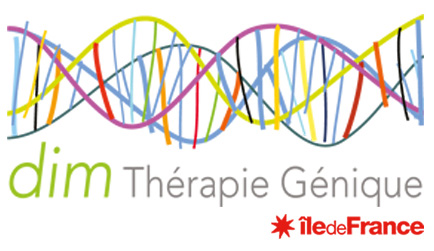Metabolic and mitochondrial diseases
Axis holders

Agnès Rötig
mitochondrial diseasesMetabolic and mitochondrial diseases

Pascale de Lonlay
metabolic diseasesMetabolic and mitochondrial diseases
Mitochondrial diseases represent the first cause of inborn errors of metabolism (IEMs) with an incidence of 1/5 000 corresponding to about 2 500 patients in Ile-de-France.
They are genetically and clinically heterogeneous, hampering to develop a common therapeutic management. Current treatments can improve some clinical symptoms but do not act on the cause of the disease.
For the vast majority of cases, there is no effective treatment and families most often ask for prenatal diagnosis to prevent recurrence of the disease. The gene therapy envisaged for some of these mitochondrial diseases does not consist in correcting the abnormal gene but in offsetting the resulting defects by overexpressing other genes.
Among the other IEMs, MSUD (maple syrup urine disease) is a rare (1 in 185,000 live births) genetic disorder due to the dysfunction of an enzyme involved in the degradation of an amino acid called leucine. There are approximately 60 plus patients in the Ile-de-France region.
As a consequence, leucine and its derivatives accumulate in the whole organism giving rise to coma especially in the neonatal period. Long-term treatment of MSUD consists of a life-long and very strict low-protein diet. As liver significantly contributes to leucine degradation, an alternative therapy to this strict diet is liver transplantation with substantial constraints and risks.
The aim of our project is to replace the defective gene in the liver.

